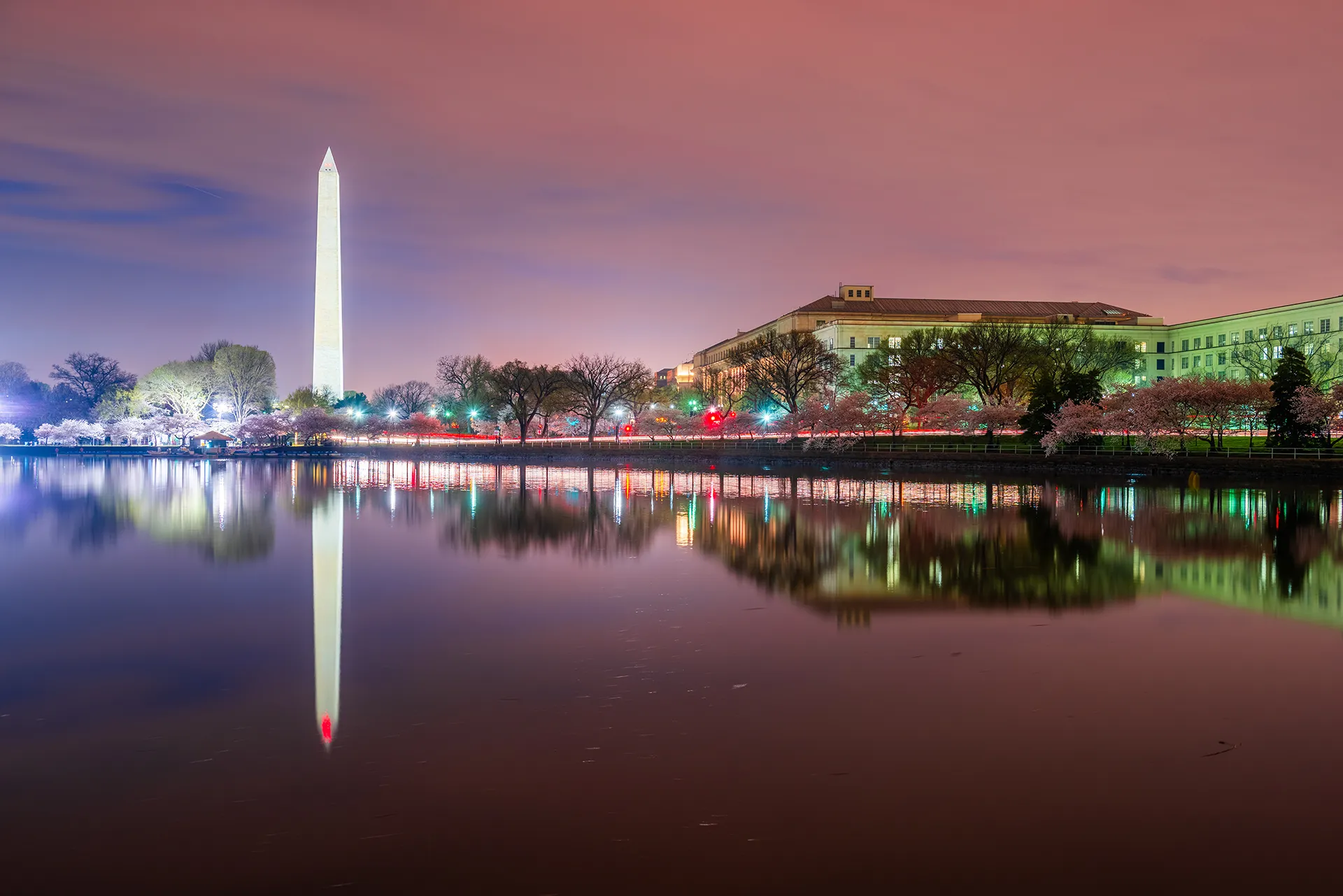September 20, 2023
Washington, D.C. – September 12, 2023 – Chairman Ernie Stevens, Jr., issued a statement today on the potential of a Federal Government shutdown. Congress has 11 days to reach agreement on Fiscal Year 2024 funding by midnight on September 30, 2023 – among other crucial deadlines. Instead of acknowledging the need to pass a short-term continuing resolution, some hardliners are welcoming a government shutdown.
“I am in D.C. to meet with our Congressional friends, sister Tribal organizations, and lobbyists, to advocate a clear understanding of how devastating a federal Government shutdown is to Indian Country. The 2018 shutdown was disastrous for Tribal Governments, and another would be no different.”
One Member of Congress recently stated that “we should not fear a government shutdown. Most American people won’t even miss it if the government is shut down temporarily.”
It’s no surprise that this Member does not represent Indian Country. But it is surprising that someone who claims to fight debts and deficits would flippantly embrace a shutdown, knowing that the last disastrous government shutdown cost American taxpayers more than $11 billion. The damage on local economies and throughout Indian Country was many times worse.
While some may view a government shutdown as a minor inconvenience, prior shutdowns have devastated Tribal Government economies. In December of 2018, the prior Administration and Congress mindlessly waded into a 35-day shutdown that endangered lives and property on tribal lands, burdening those most in need. It was beyond unjust to permit Native children, elders, and individuals with disabilities to serve as collateral damage over partisan politics.
Chairman Ernie Stevens Jr., stated, “It is difficult to have a Government-to-Government relationship when one of the parties closes its doors. Tribal Governments will do their utmost to protect their Tribal citizens’ access to healthcare and social services; however, we cannot stand by while elected representatives claim citizens will not suffer if the government closes.”
Tribal Governments ceded hundreds of millions of acres of our homelands to help build this Nation. In return, the federal government promised to provide for the health, education, public safety, and general care of Reservation citizens—while also protecting and preserving tribal sovereignty on remaining Indian lands. Annual funding for programs and services administered by the Bureau of Indian Affairs, the Indian Health Service, and other federal agencies represents the Government’s most basic attempt to meet these solemn obligations.
“Our tribal communities rely on federal funding to administer basic tribal government services, including health care, education, public safety, housing, nutrition and food distribution programs, and social services. Shutdowns destabilize these programs and cause fear and anxiety throughout Native communities,” said Chairman Stevens.
During past government shutdowns, thousands of federal employees, many of whom are tribal citizens, were furloughed or working without pay for weeks. The results crippled the finances of families throughout Indian Country. The uncertainty of a shutdown also compounds the challenges Tribes face recruiting and retaining professionals to work on Indian lands.
But a shutdown is not inevitable. The two chambers in Congress are currently walking divergent paths. For the first time in more than a decade, the Senate Appropriations Committee passed all twelve federal funding bills ahead of the August recess – all by wide bipartisan margins. However, just recently, the House has proposed a short-term CR that would slash funding for essential tribal government programs for health, education, public safety and housing by 8 percent. House hardliners proclaim that the spending battle and divisive riders reflect “what the American people elected us to do.”
This statement ignores political reality and the fact that the American people elected a divided government. Republicans control the U.S. House of Representatives. Democrats control the Senate and the White House. As a result, no one will get everything they want, and compromise is the only path forward.
Chairman Stevens emphasized that “If there is one issue Indian Country is united behind, it is that we need our federal partners in order to carry out this Nation-to-Nation relationship. The Federal trust responsibility does not end just because Congress closes its doors. There are dedicated BIA police, fire, and National Park personnel that perform vital jobs on the reservations. These federal employees are at the heart of carrying out the federal trust responsibility. Tribal Governments will pick up the slack as needed, but a prolonged disruption of this relationship inflicts profound wounds on our society.”
“Dysfunction cannot be the default in Congress. There is no upside to a federal government shutdown. No one party emerges better off after a shutdown, all of America suffers. The Indian Gaming Association and its member Tribal Nations are asking the Congress to reject the extremes in both parties and consider the livelihood of their own constituents and fellow federal employees.”
BIA Publishes Final Rule for Section 293 Class III Tribal-State Gaming Compacts

Remembering and Honoring the Legacy of Dr. Martin Luther King, Jr.

Statement From The Chairman Of The Indian Gaming Association: “Compromise or Collision Course: Americans Need Government to Function”
